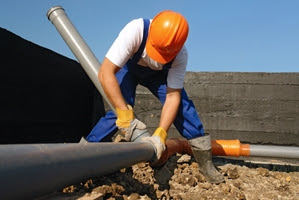Hydrogen sulfide training could have prevented Arizona sewer workers’ deaths
Two Scottsdale, Arizona, workers are dead after apparently succumbing to hydrogen sulfide fumes while working in an underground sewer. The men were 41 and 36 years old. A third victim, 18 years old, was able to climb out of the 15-foot deep vault, disoriented and dazed but alive.
Scottsdale Fire Division Chief Jay Ducote told the media that a passerby heard cries coming from the sewer and called emergency responders. Firefighters responded, wearing full HAZMAT suits.
“The hazmat materials team had high readings of hydrogen cyanide and hydrogen sulfide,” Ducote said. “Hydrogen sulfide is a really bad chemical that is lethal at 250 parts per million, and it was about 200 parts per million with the hazmat teams got out here.”
According to firefighters, the men, who worked for a private sewage company, were not wearing protective suits. They are trying to determine why the hydrogen sulfide levels were so high in that area of the sewer.
This story is a tragic reminder of the importance of aggressive, comprehensive and ongoing safety training, especially if you and/or your employees may be exposed to dangerous compounds like hydrogen sulfide. Many of those working in the oil and gas, sewer, food manufacturing, agriculture, textile or mining industries are at risk of poisoning.
Hydrogen sulfide is a colorless gas that is impossible to see. Its smell varies depending on its concentration. Because you can’t count on detecting its presence with your physical senses, you must turn to regular safety training and on-the-job vigilance to keep you and your team safe in the field. Mastery Technologies offers a variety of inexpensive, user-friendly online courses in both English and Spanish to help your team achieve compliance.
